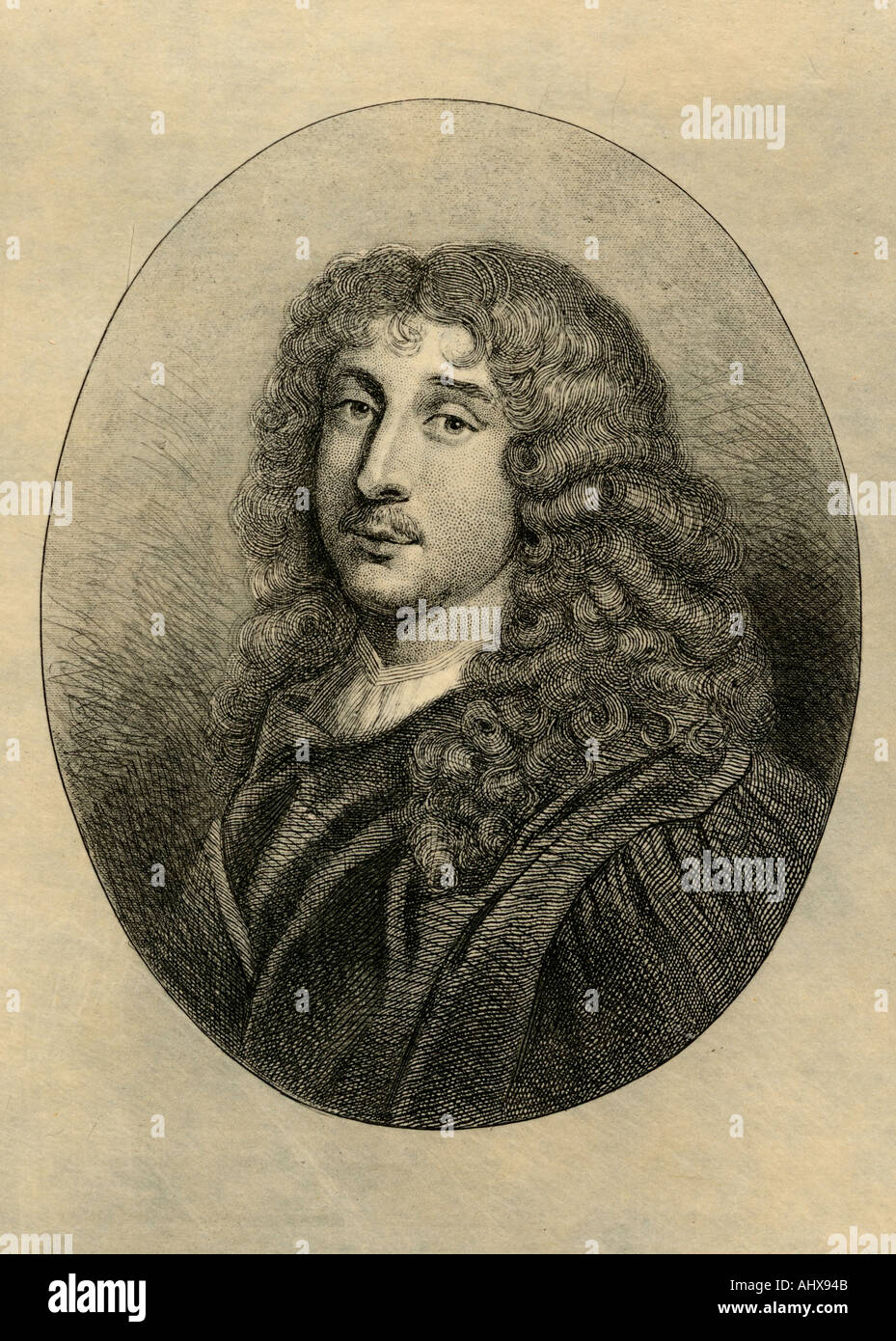
Have you ever paused to consider the profound impact that one individual can have on our understanding of human nature? Allow me to introduce you to the remarkable figure of **François VI, Duc de La Rochefoucauld**, a distinguished French author whose incisive observations and astute maxims have significantly influenced both literature and philosophy. La Rochefoucauld’s keen insights into the complexities of human behavior and motivations have resonated through the ages, prompting readers to reflect on their own lives and the nature of society. In this article, we will embark on an exploration of his fascinating life, delve into the key themes and ideas present in his works, and examine the enduring legacy he has left behind, which continues to inspire and provoke thought in contemporary discussions about human nature and morality. Join us as we uncover the brilliance of La Rochefoucauld and the timeless relevance of his contributions to our understanding of ourselves and the world around us.
Early Life and Background
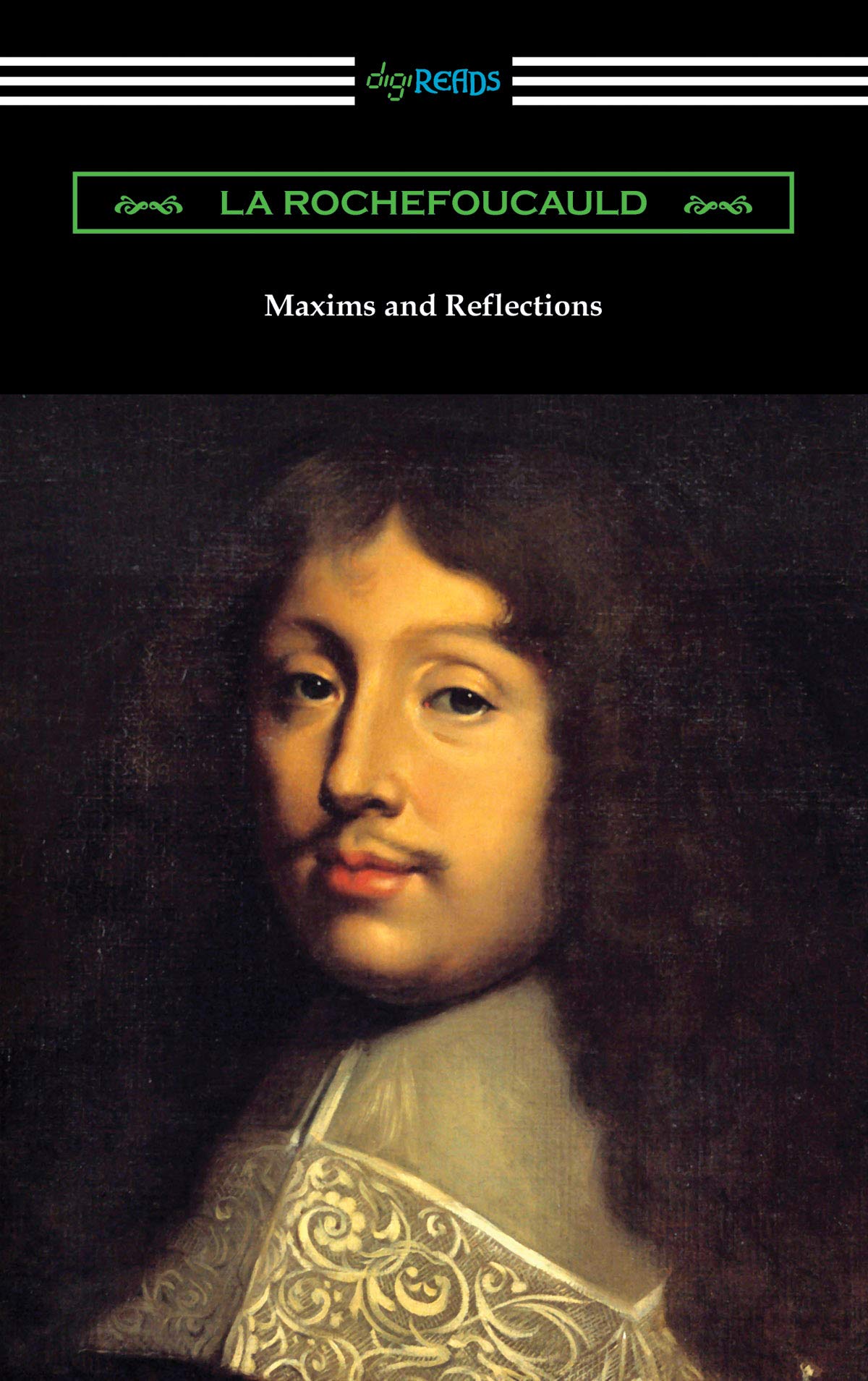
Birth and Family
François VI, known for his significant contributions to literature and philosophy, was born on September 15, 1613, in the vibrant city of Paris, France. He was the offspring of François, Comte de La Rochefoucauld, a prominent nobleman, and Gabrielle du Plessis-Liancourt, whose lineage also boasted noble ties. Growing up in such an esteemed family, François VI was immersed in the complexities of court life and the nuances of political maneuvering from an early age. This upbringing not only shaped his character but also provided him with a unique perspective on the social dynamics of his time, which would later inform his literary works.
Marriage and Children
In the year 1628, La Rochefoucauld entered into matrimony with Andrée de Vivonne, a union that would prove to be both fruitful and significant. Together, they welcomed a total of seven children into the world, comprising four sons and three daughters. This rich family life played a crucial role in shaping his thoughts and writings, particularly regarding themes of love, relationships, and the complexities of human emotions. The experiences he shared with his wife and children provided him with a deeper understanding of interpersonal dynamics, which he skillfully explored in his renowned maxims and reflections.
Military Career and Political Intrigue
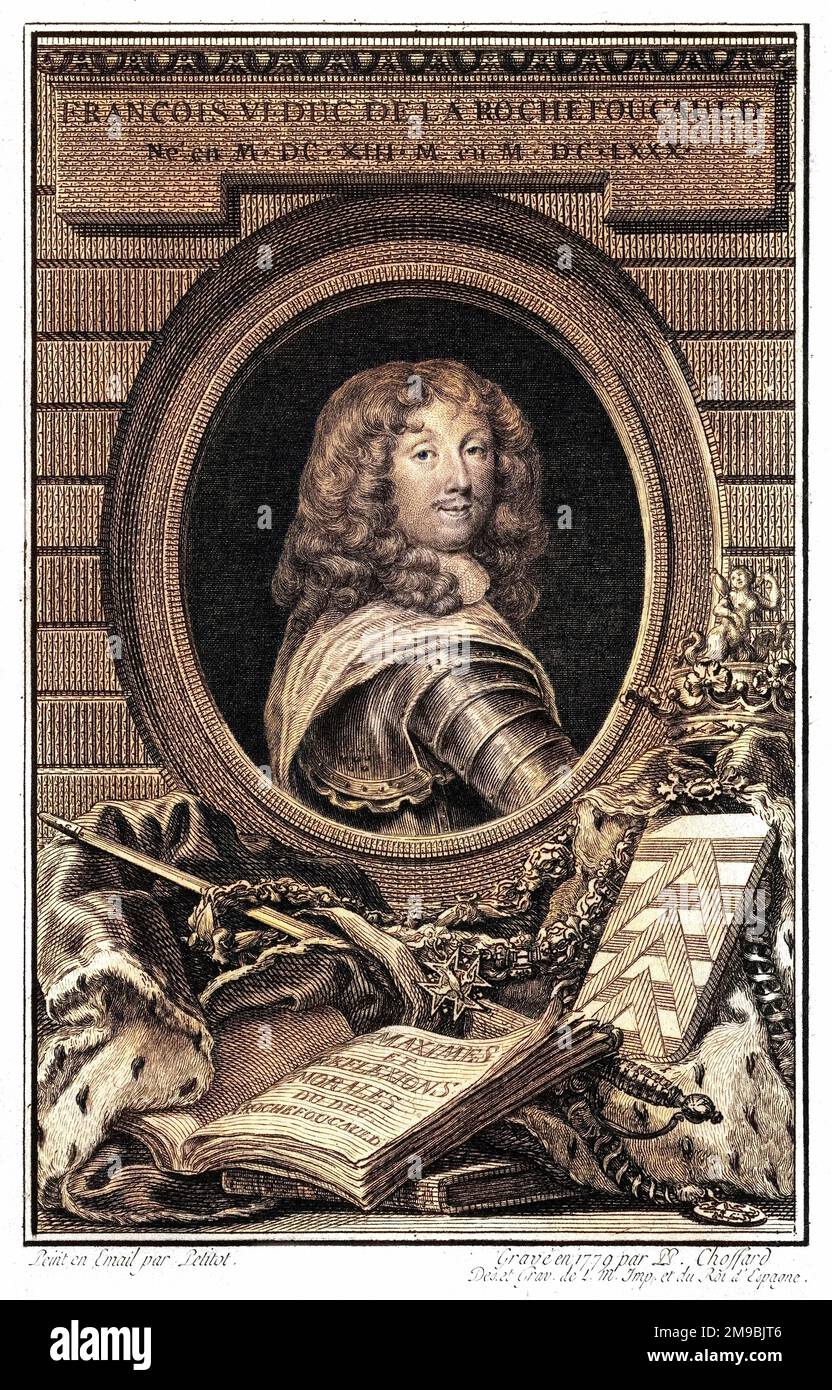
Service in the Army
François de La Rochefoucauld’s formative years were significantly influenced by his military service, which laid the groundwork for his later philosophical insights. In 1629, he took up arms against the Spaniards in Italy, marking the beginning of a career that would see him engaged in numerous military campaigns across the Netherlands and Flanders. These experiences on the battlefield were not merely about strategy and combat; they profoundly shaped his understanding of human nature, particularly the concepts of courage and cowardice. The lessons he learned in the heat of battle would later resonate throughout his writings, providing a rich backdrop for his reflections on the complexities of human behavior and morality.
The Fronde: A Turning Point
The Fronde, a series of civil wars that raged in France from 1648 to 1653, marked a pivotal moment in La Rochefoucauld’s life. His deep involvement in these conflicts, particularly his allegiance to the House of Condé, placed him in direct opposition to the royal authority. This period of upheaval and strife not only tested his loyalties but also exposed him to the darker aspects of power and ambition. The tumultuous events of the Fronde would leave an indelible mark on his psyche, fueling a growing cynicism and sharpening his wit. These experiences would ultimately inform his later writings, where he would explore the intricacies of human motivations and the often contradictory nature of society.
Literary Contributions
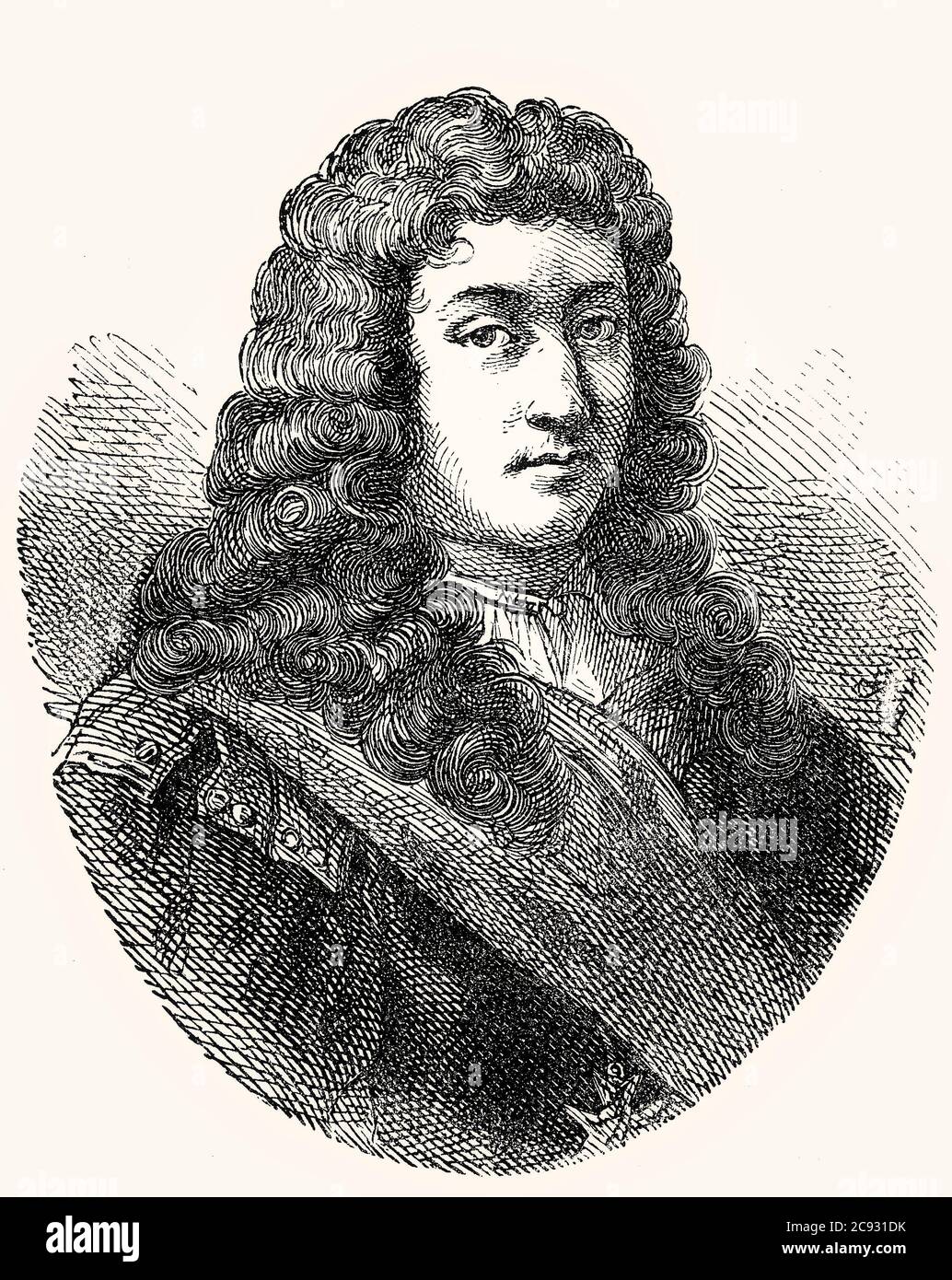
The Birth of the Maxime
François de La Rochefoucauld is widely recognized for his influential collection of maxims, which are succinct and impactful statements that encapsulate universal truths or principles about human behavior. His inaugural edition, released in 1665, bore the title Réflexions; ou, sentences et maximes morales. This groundbreaking work demonstrated La Rochefoucauld’s remarkable talent for condensing intricate aspects of human nature into sharp, insightful observations that resonate with readers across generations.
What is a Maxime?
A maxime transcends the notion of a mere quote; it serves as a profound reflection on human nature, often illuminating the paradoxes and contradictions that characterize our existence. La Rochefoucauld’s maxims are particularly esteemed for their ability to convey deep insights with remarkable brevity, which contributes to their enduring relevance and timeless appeal.
Key Themes in His Writings
In his writings, La Rochefoucauld delves into a variety of themes that reveal the complexities of human behavior and relationships, including:
- Self-Interest: One of his most famous assertions is, “Virtues are lost in self-interest as rivers are lost in the sea.” This statement underscores the notion that our actions and motivations are frequently influenced by a desire for personal gain, often overshadowing our moral compass.
- Courage and Cowardice: Drawing from his own experiences in battle, La Rochefoucauld offers insights into the nature of bravery, often blurring the distinctions between true heroism and the instinct for self-preservation, thus challenging conventional notions of valor.
- Love and Relationships: La Rochefoucauld’s intricate and often tumultuous relationships with women are mirrored in his writings, where he expresses a somewhat cynical perspective on love, revealing the complexities and contradictions inherent in romantic connections.
Legacy and Influence

Impact on Literature and Philosophy
La Rochefoucauld’s influence extends beyond his own time. His maxims have inspired countless writers and thinkers, including:
| Influential Figures | Connection to La Rochefoucauld |
|---|---|
| Lord Chesterfield | Orator and man of letters who admired La Rochefoucauld’s wit. |
| Friedrich Nietzsche | Philosopher who echoed La Rochefoucauld’s insights on morality. |
| André Gide | French writer influenced by La Rochefoucauld’s exploration of self-interest. |
Modern Relevance
Even today, La Rochefoucauld’s maxims resonate with readers. His keen observations about human nature remain relevant in our modern world, where self-interest often drives behavior. His ability to capture the essence of human experience in just a few words is a testament to his genius.
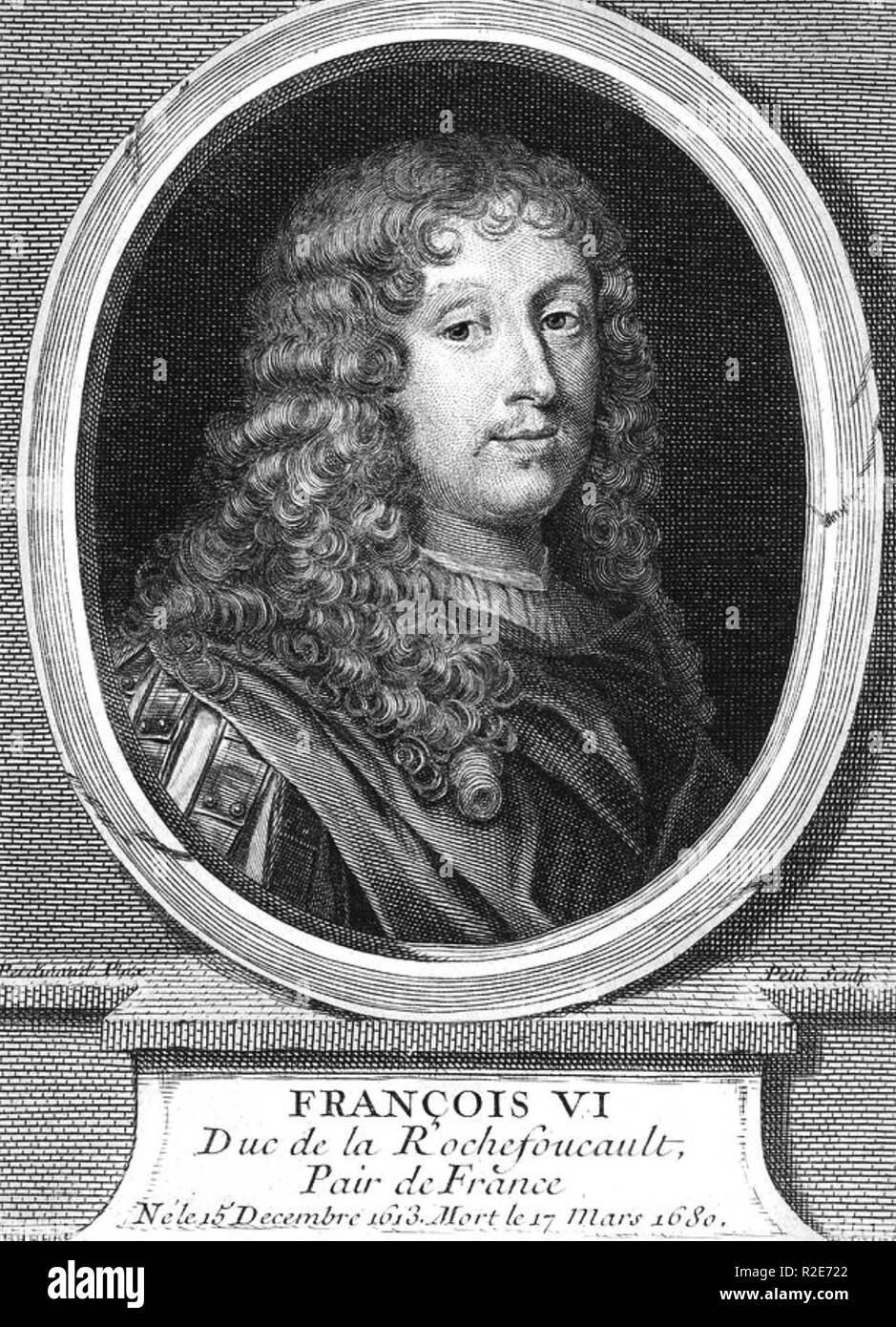
François VI, Duc de La Rochefoucauld was not just a writer; he was a keen observer of life. His maxims continue to challenge and provoke thought, encouraging us to reflect on our own motivations and behaviors. As we navigate the complexities of human relationships and societal norms, La Rochefoucauld’s insights serve as a guiding light, reminding us that beneath the surface, we are all driven by the same fundamental truths.
So, the next time you ponder the intricacies of human nature, remember La Rochefoucauld’s words. They might just provide the clarity you need.

